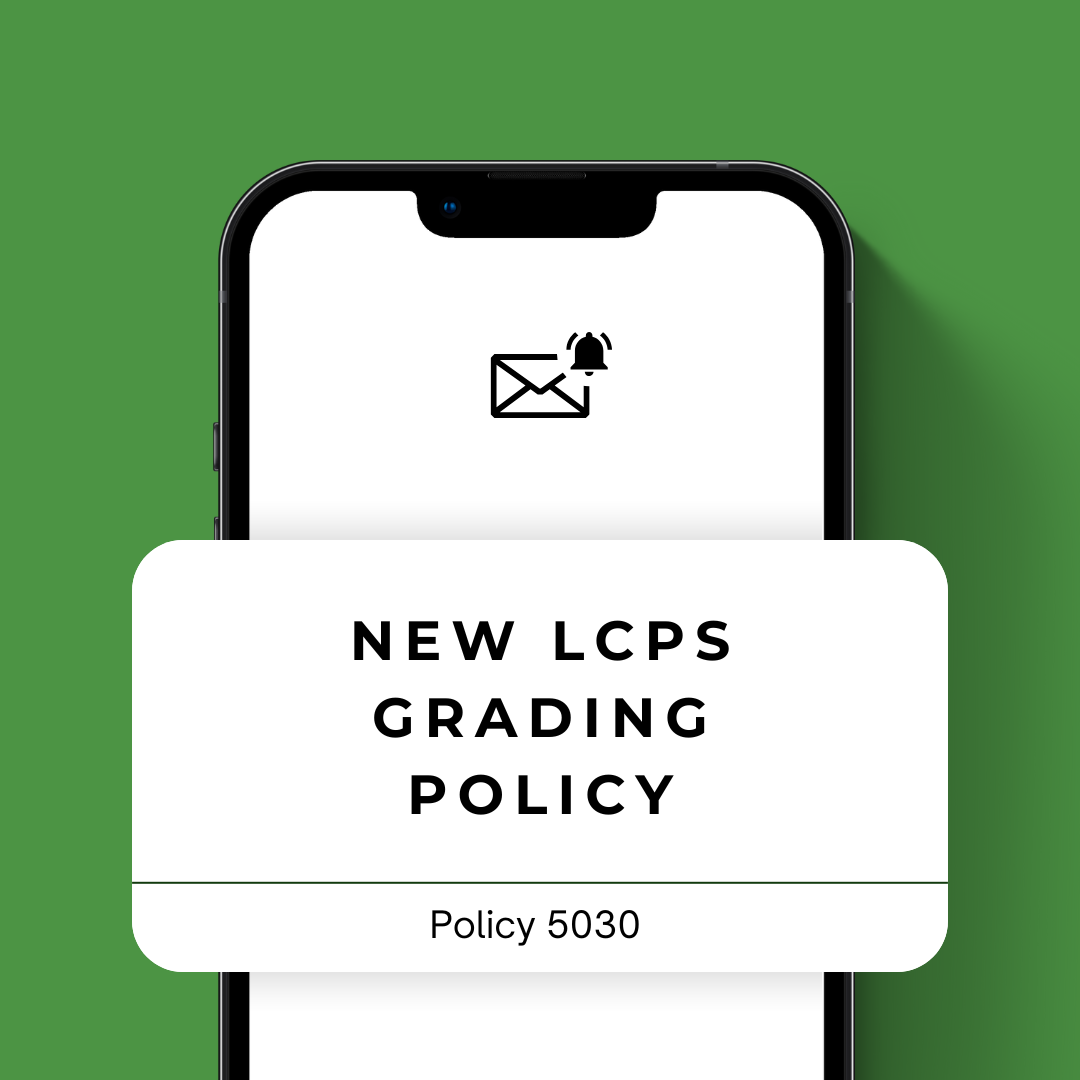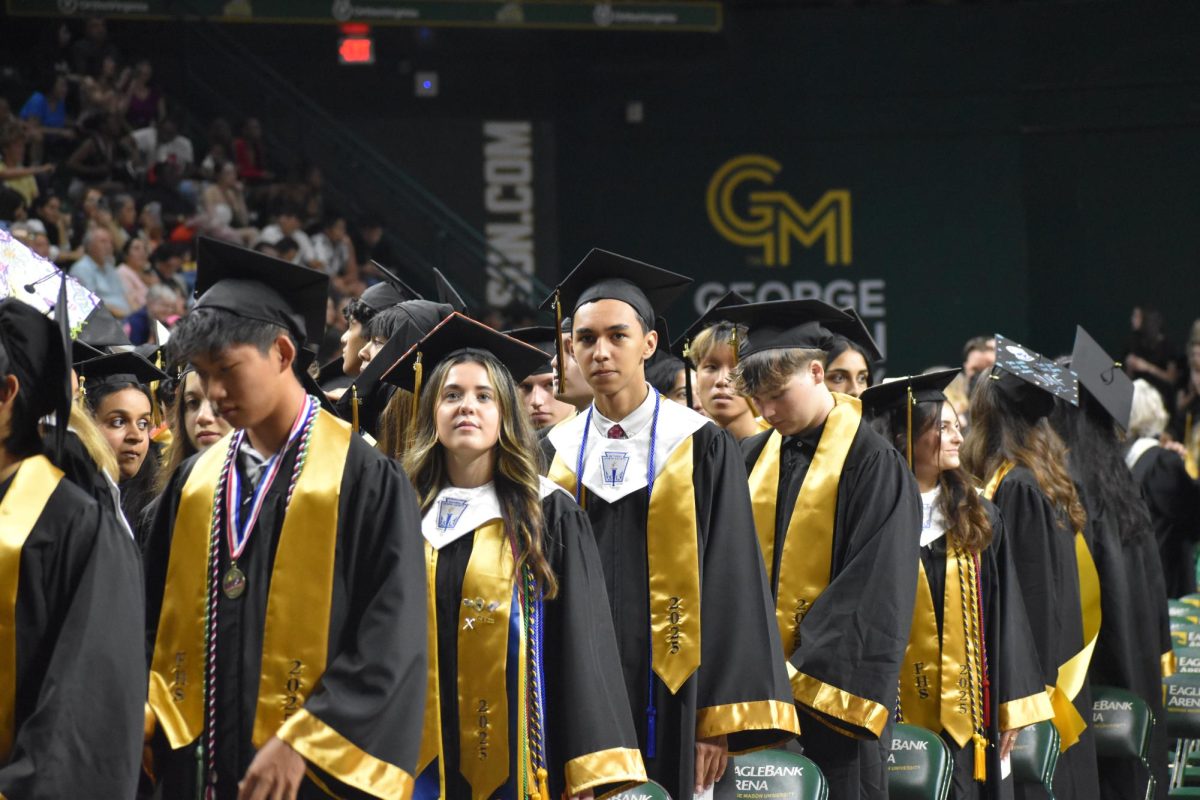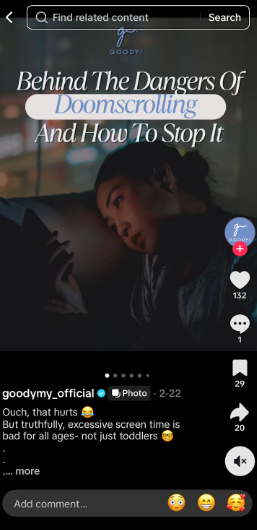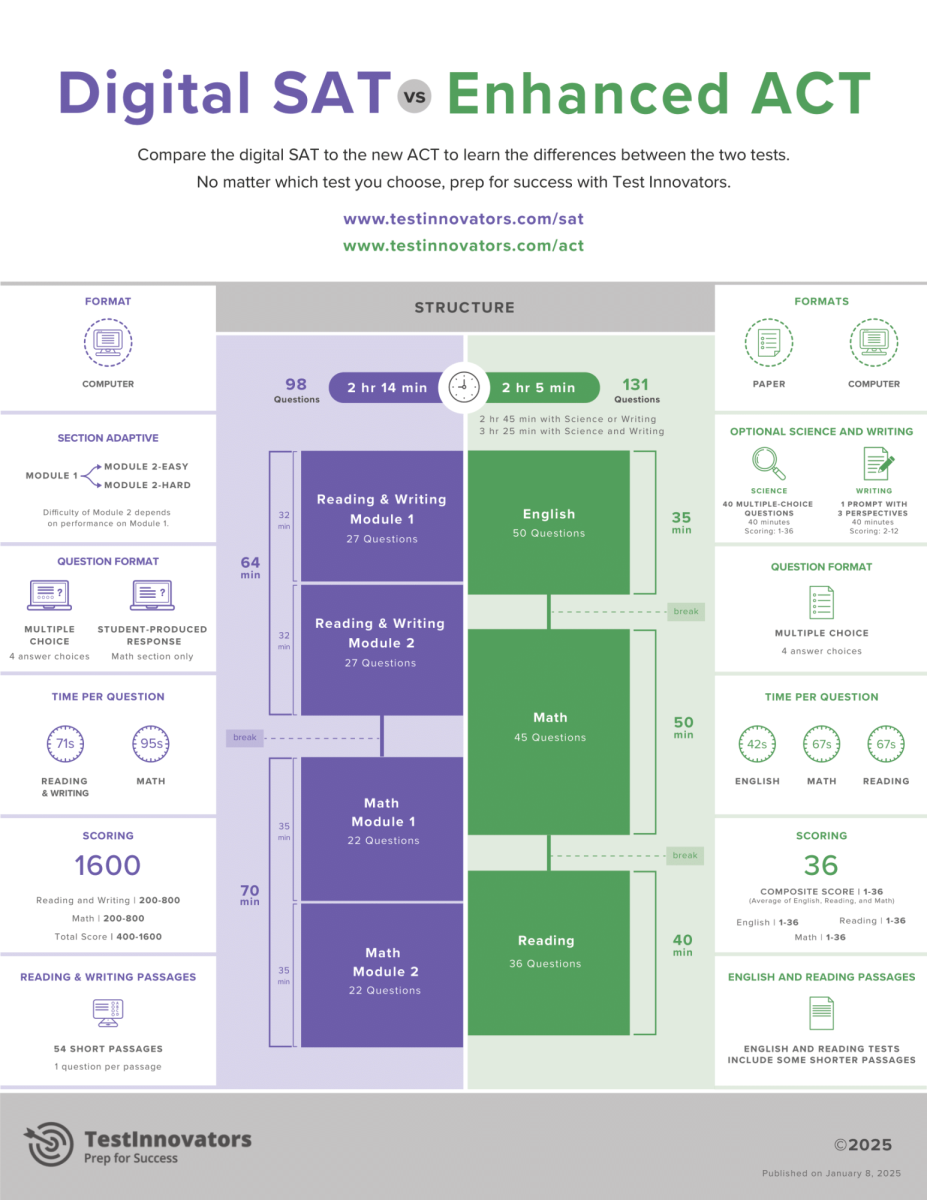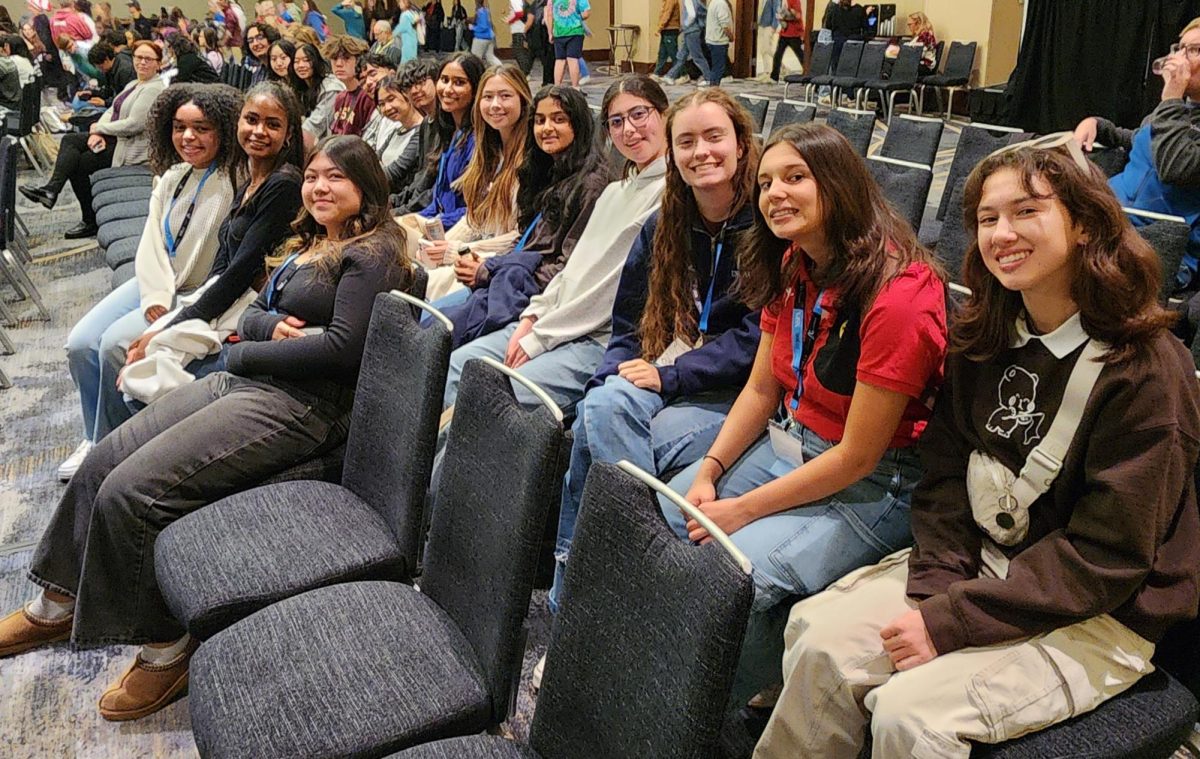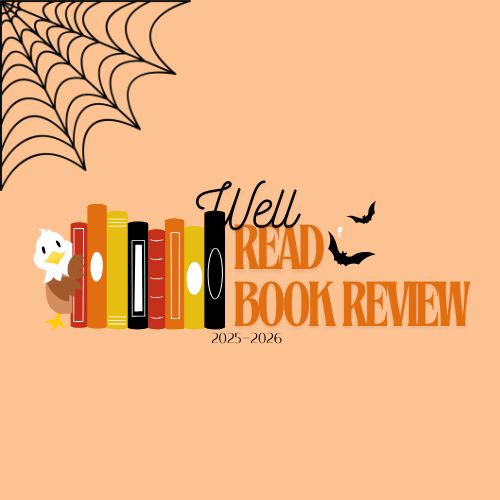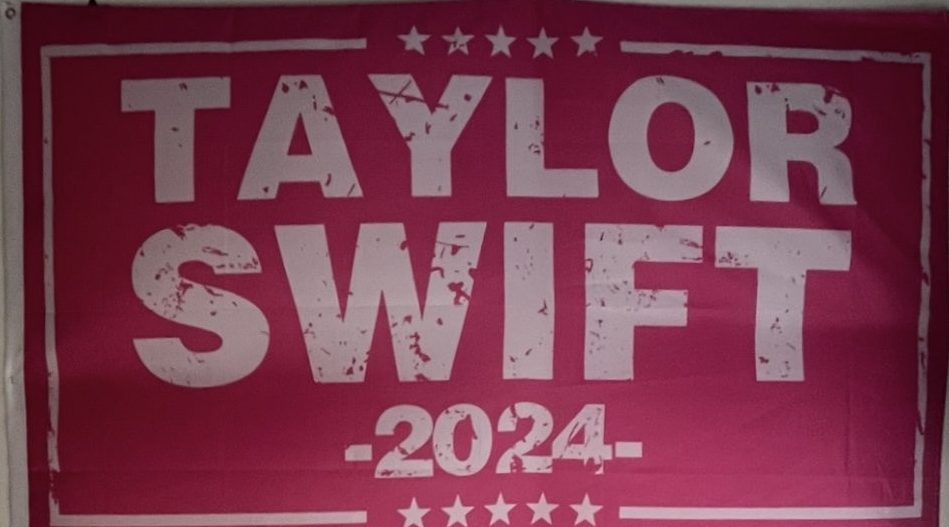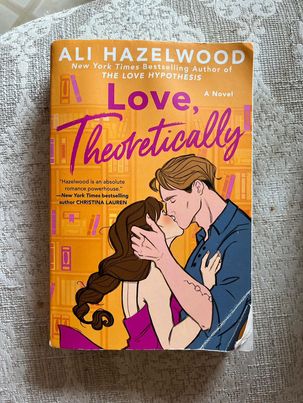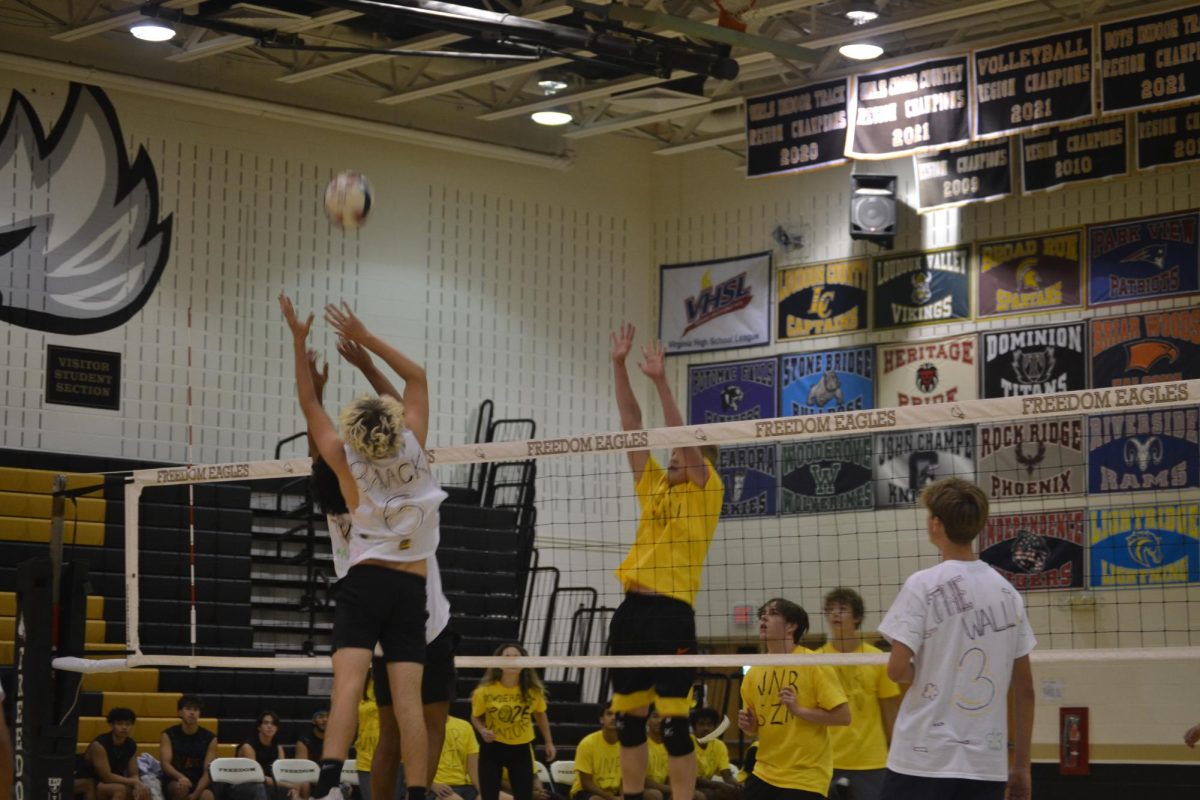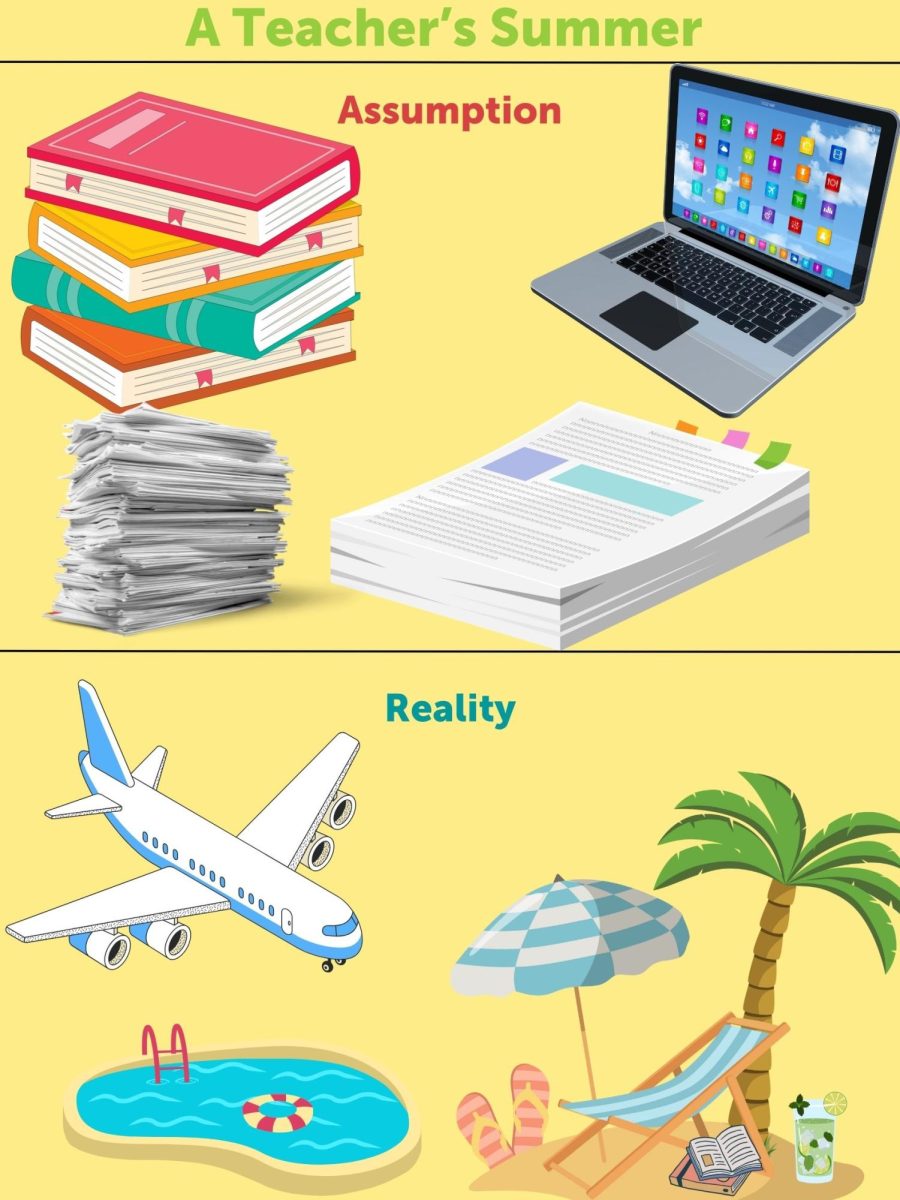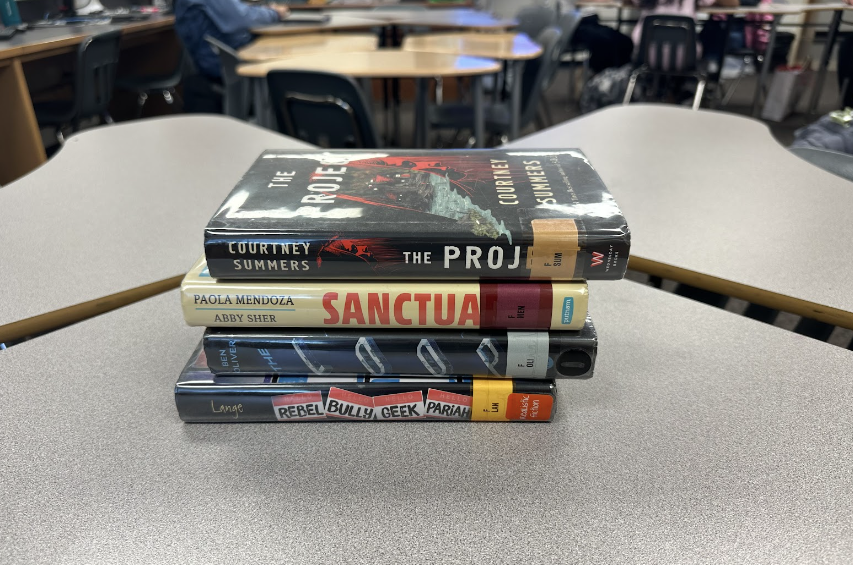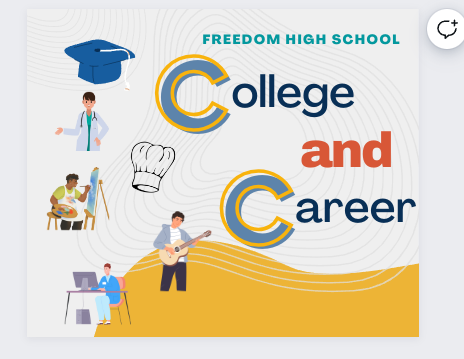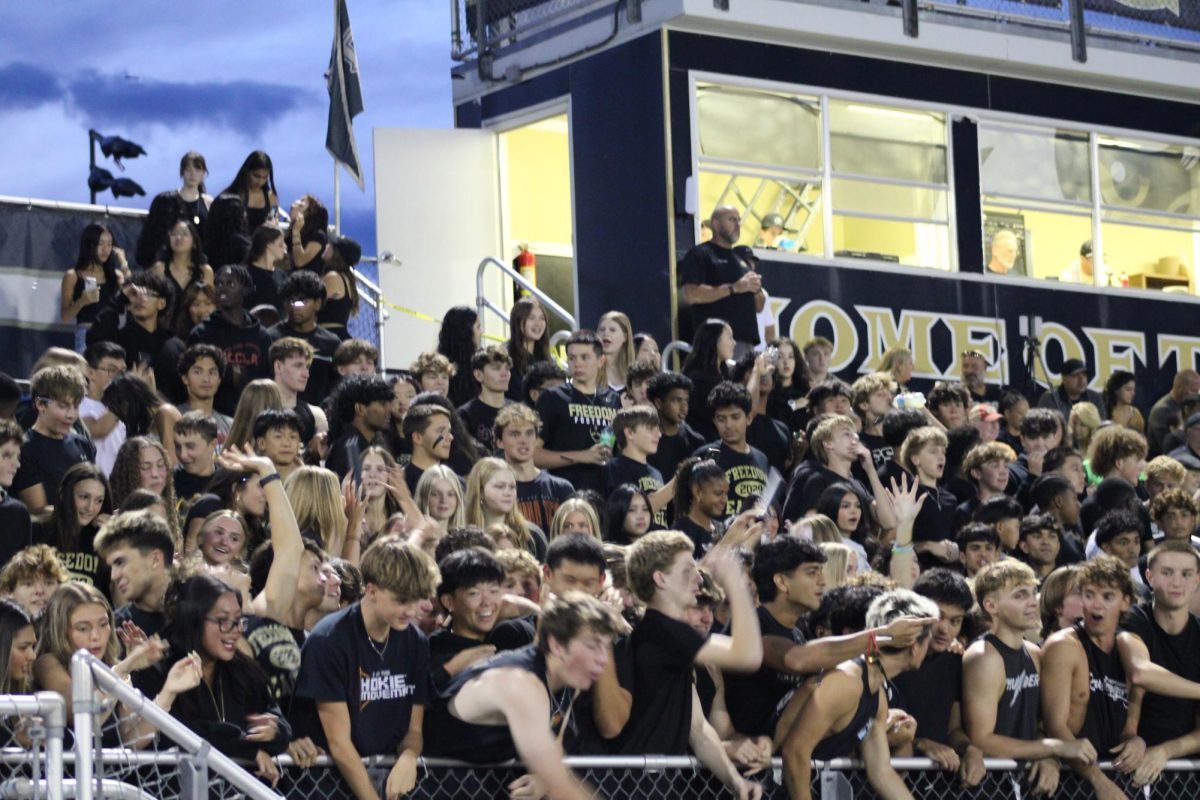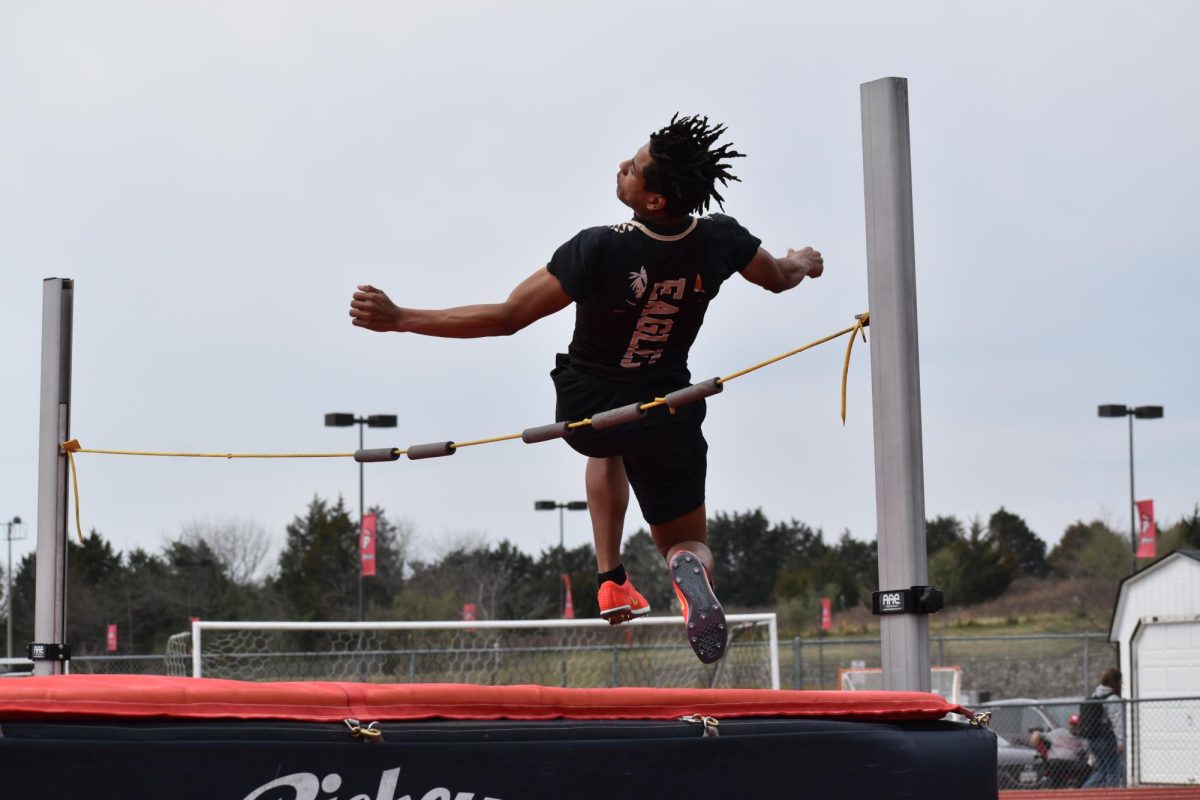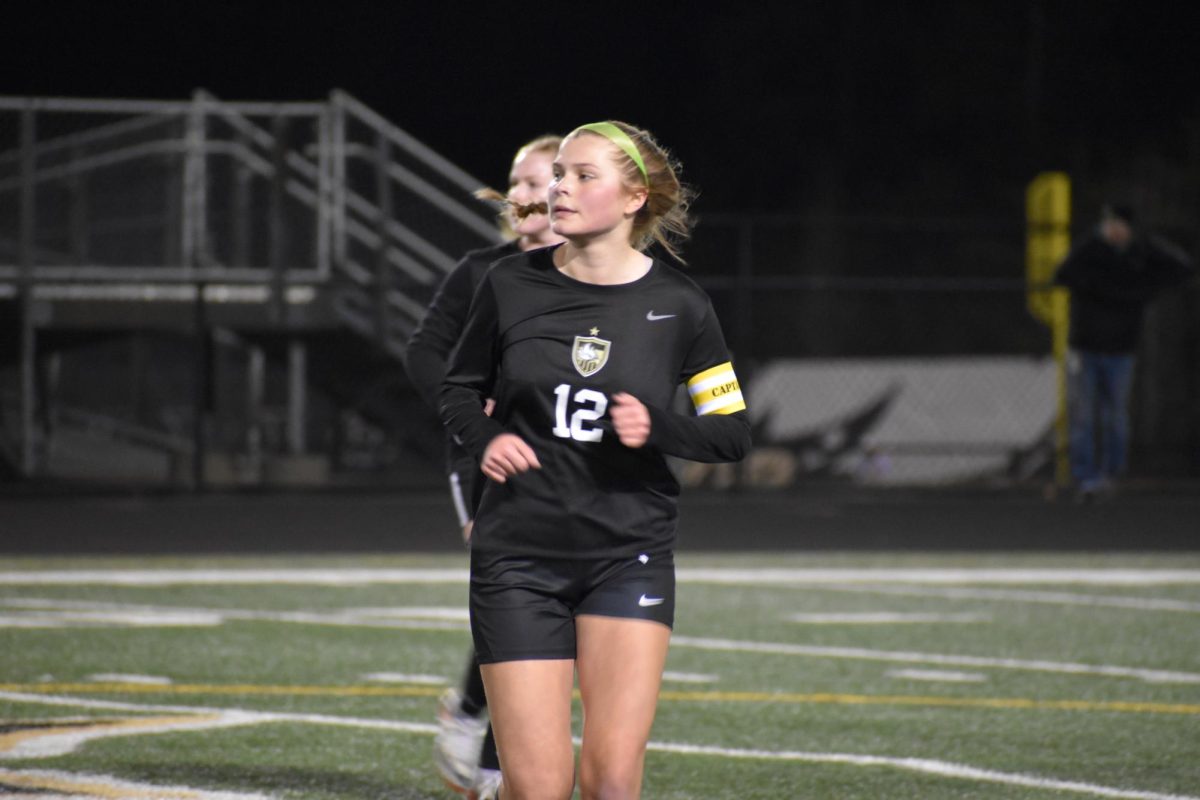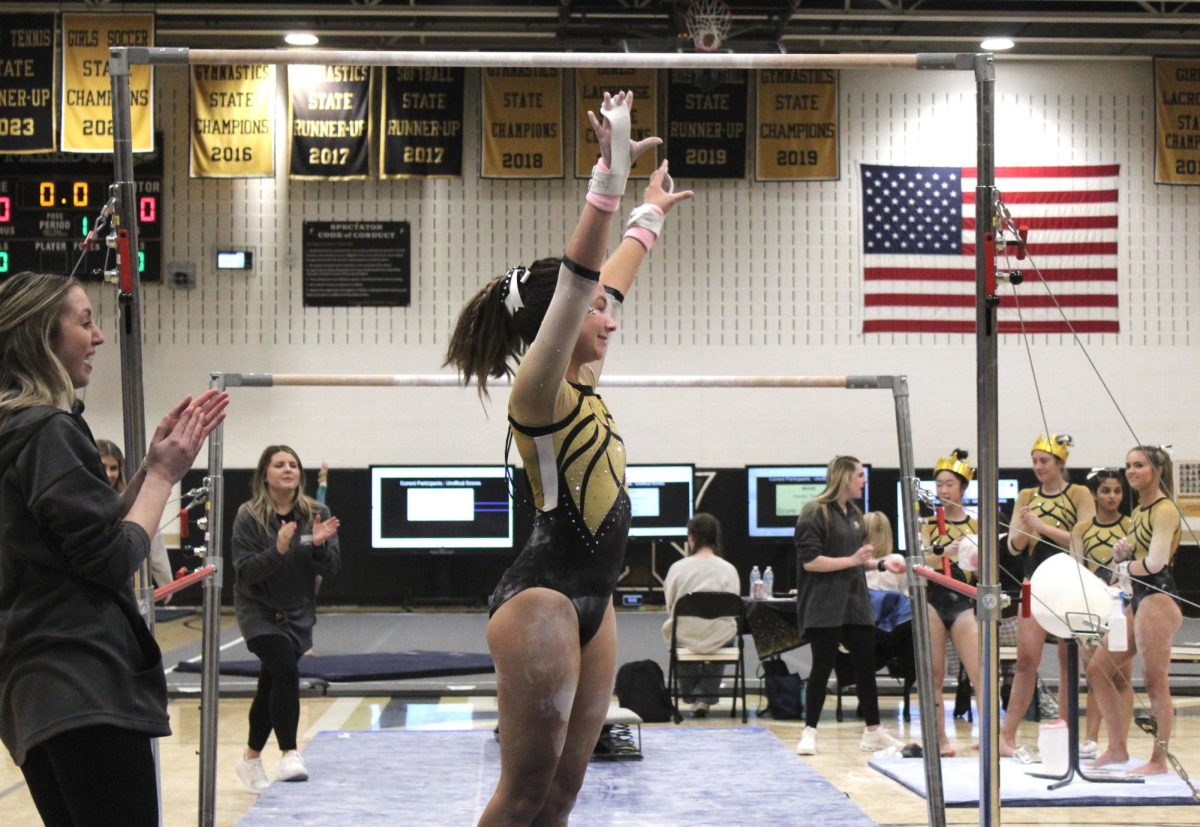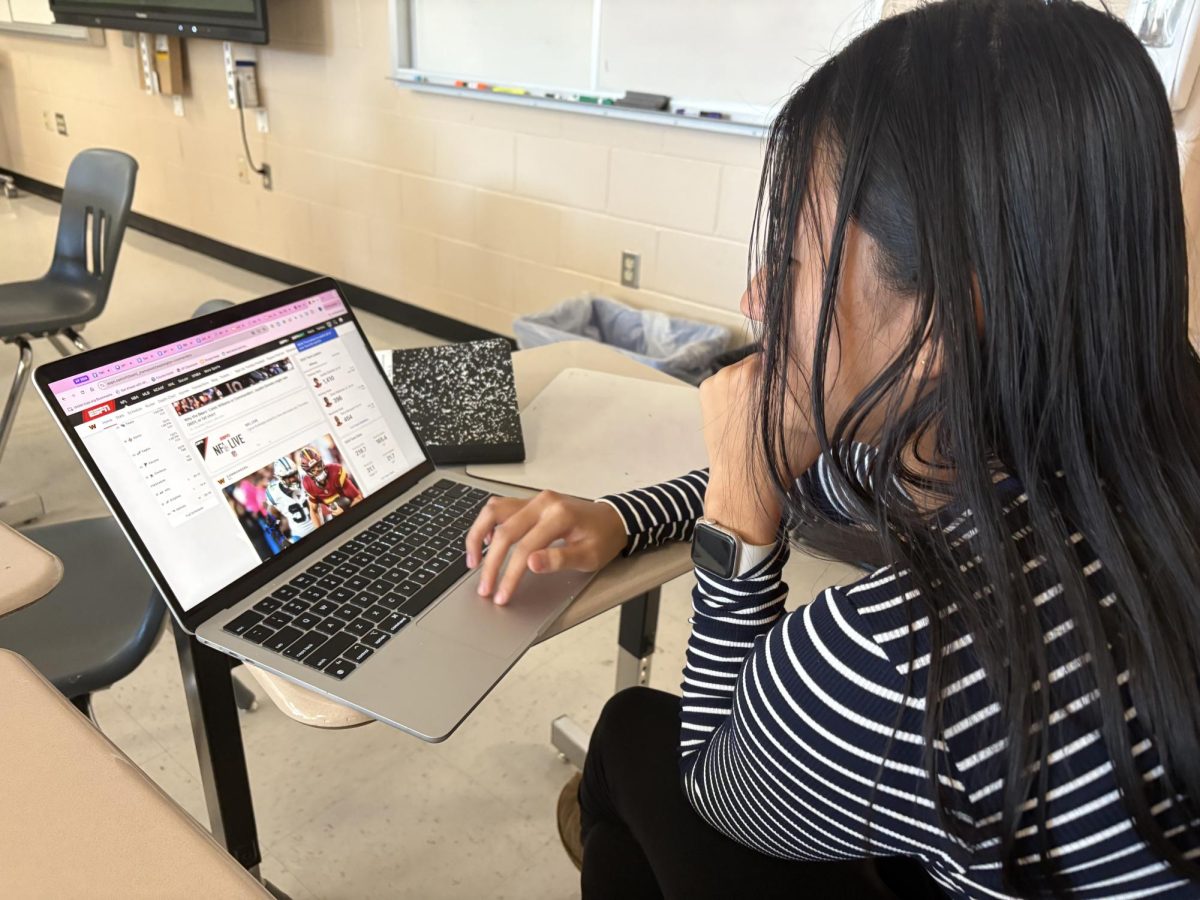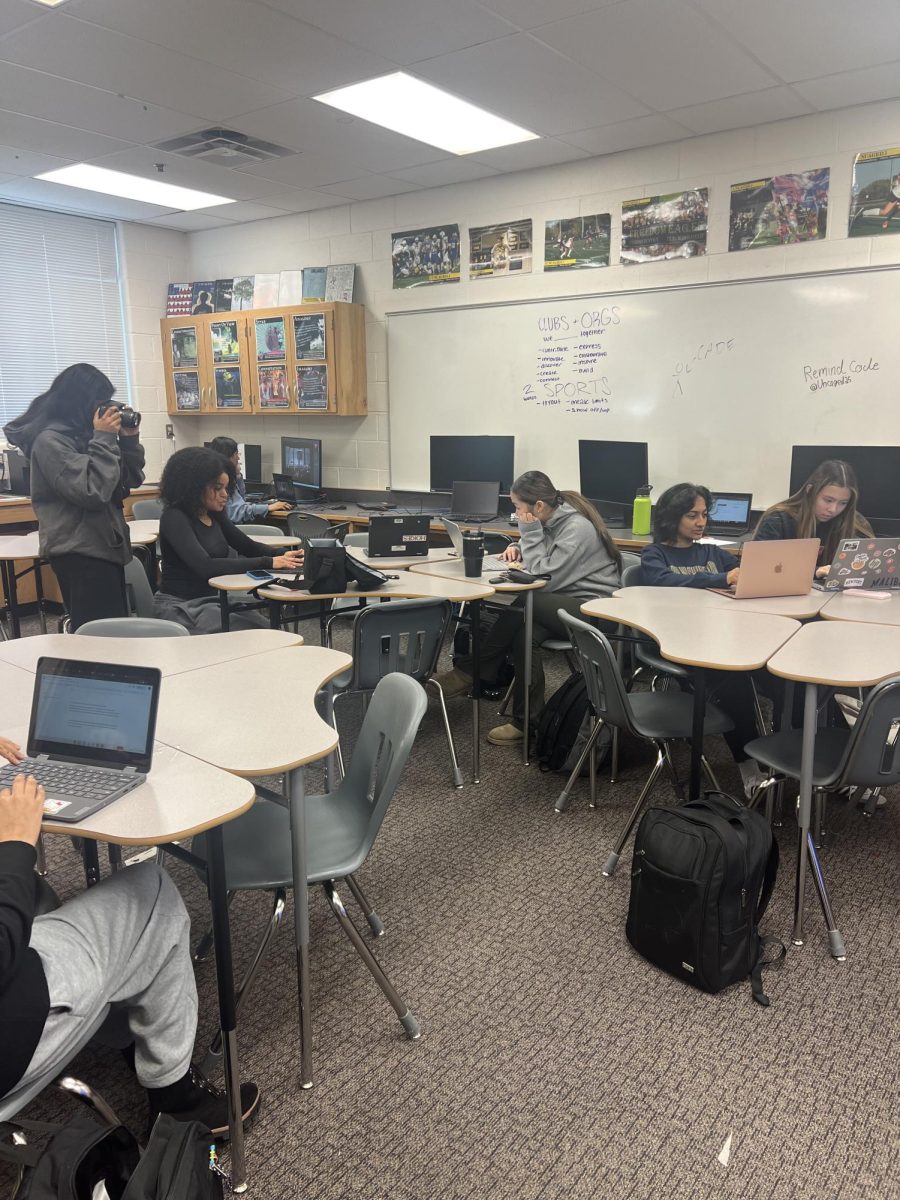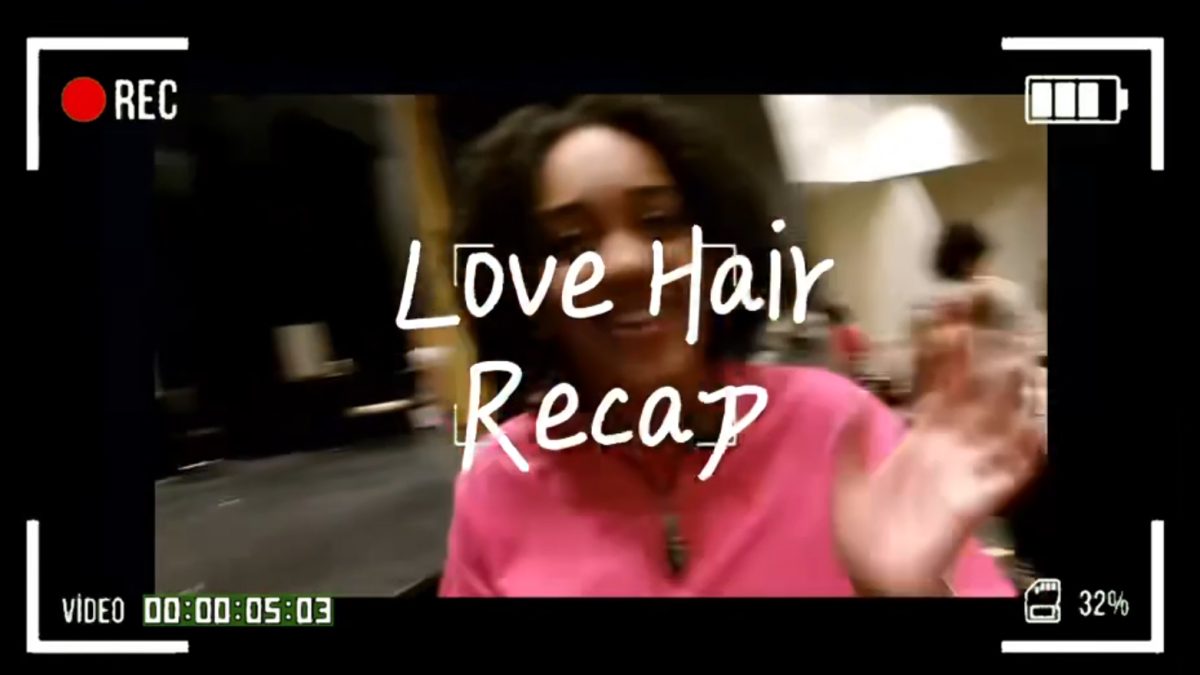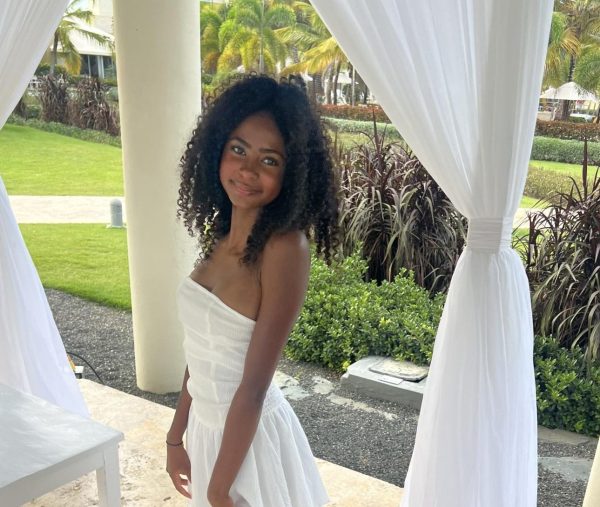Smaller elective classes at Freedom High School are starting to gain recognition for their impact on students’ academic and personal development. With fewer students in each class, these electives allow for a more intimate learning environment, encouraging deeper connections among peers and instructors. Students and teachers express a light on the unique benefits of joining these smaller elective classes.
“I prefer to teach one class of students who are dedicated to learning about their African roots,” said Joan Lewis-Osborne, African American history teacher. “It allows me to get to know the students better and to tailor lessons to their interests while also having enough students to have group projects, discussions and debates is an opportunity to learn about a very important subject in a smaller, more focused setting.”
Small elective teachers often appreciate the opportunity to work with smaller groups because it provides a more dedicated classroom. In these settings, students may be more likely to engage deeply with the material and participate more in classroom discussions.
This dynamic can allow for educators to adjust their teaching methods to the individual needs in order for students to enhance understanding. This may also allow teachers to build stronger relationships with students in a more comfortable environment.
“The benefits of this course for me is being surrounded by people that look like me and have similar backgrounds and interests, as well as the capstone project at the end of the year.” said sophomore Adrian Jennings, African American history student.
A similar benefit is that students are able to better connect with their peers that are interested in similar electives as them. Students that come from different backgrounds and ethnicities can benefit from being in a class with peers who share the same culture. The commutative setting promotes open communication and collaboration connecting to shared experiences.
African American history isn’t the only small elective class at Freedom High School to offer rare benefits from other electives. There are others such as journalism and women and gender studies.
The journalism elective offers an opportunity to learn the fundamentals of things such as news, culture, sports, photo galleries, opinion pieces and features. This course can equip students with essential skills needed to critically analyze information and share stories with the world.
“The most interesting thing about journalism is how everyone’s cool ideas come together and how we are able to put them on the website or create it into a magazine,” said senior Keira McDowell, journalism student and [Uncaged] Editor-in-Chief. “Everyone’s different so all these diverse ideas can come together.”
The journalism course can bring students’ ideas to life by allowing them to showcase their work to share with the school community.
The hands-on approach can bring in creativity and encourages students to choose topics they are passionate about, providing a platform for their voices to be heard. These projects can serve as resources for college applications, demonstrating their own personal thinking to potential schools.
While the electives such as journalism express their thoughts through writing, others such as women and gender studies do so by “spilling the beans.”
“This course is very fun and entertaining,” said junior Addison Pounder, a women and gender studies student. “We talk about so many interesting opinion based topics that we normally wouldn’t talk about in core classes.”
In the women and gender studies course, students engage in discussion about controversial topics that may not be addressed in core classes. The curriculum covers a wide range of issues related to gender, identity, and social justice, providing a deeper understanding of complex subjects. These discussions stimulate critical thinking and meaningful discussion amongst peers. This course also helps develop a supportive environment of valuing and exploring a different range of perspectives.
